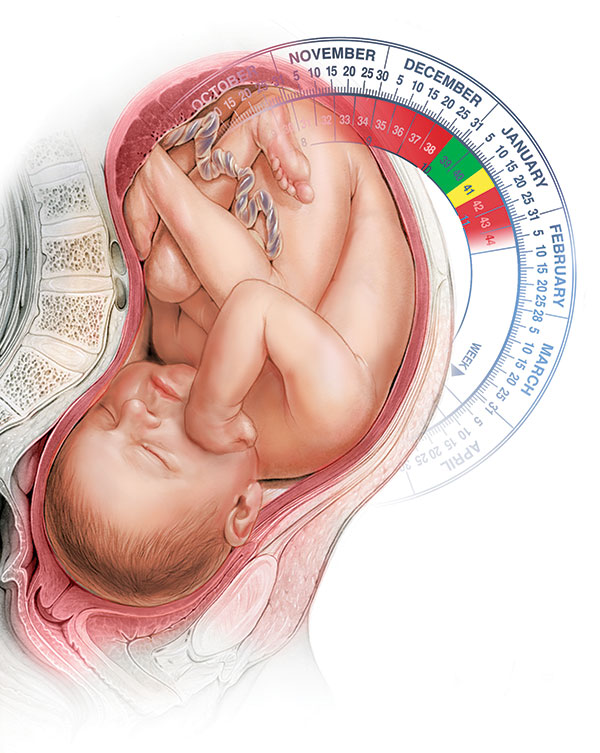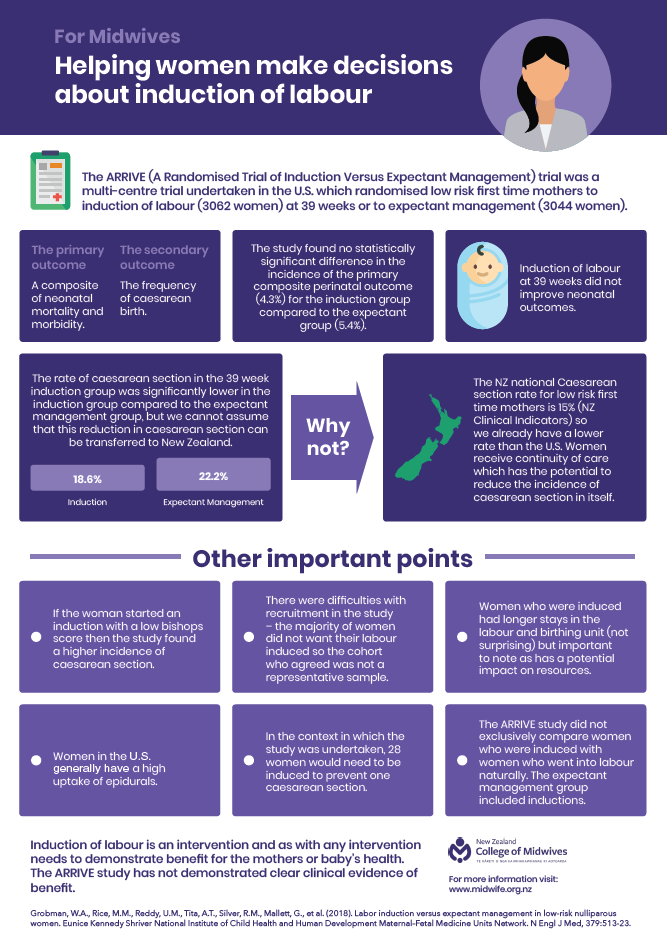
Elective induction of labor at 39 weeks compared with expectant management: a meta-analysis of cohort studies - ScienceDirect

VBAC Facts - Can we count all the ways induction at home is problematic? And quoting the ARRIVE trial as fact to back it? Repost Tracy Donegan, “Another disturbing example of a

Induction of labour at 41 weeks versus expectant management until 42 weeks (INDEX): multicentre, randomised non-inferiority trial | The BMJ

Induction of Labor at 39 Weeks? The ARRIVE Trial Reviewed & Its Impact on Your Labor & Birth! - YouTube

Induction of labour at 41 weeks versus expectant management and induction of labour at 42 weeks (SWEdish Post-term Induction Study, SWEPIS): multicentre, open label, randomised, superiority trial | The BMJ

The ARRIVE Study: Does induction of labor for women at 39 weeks gestation lower the cesarean section rate?




















